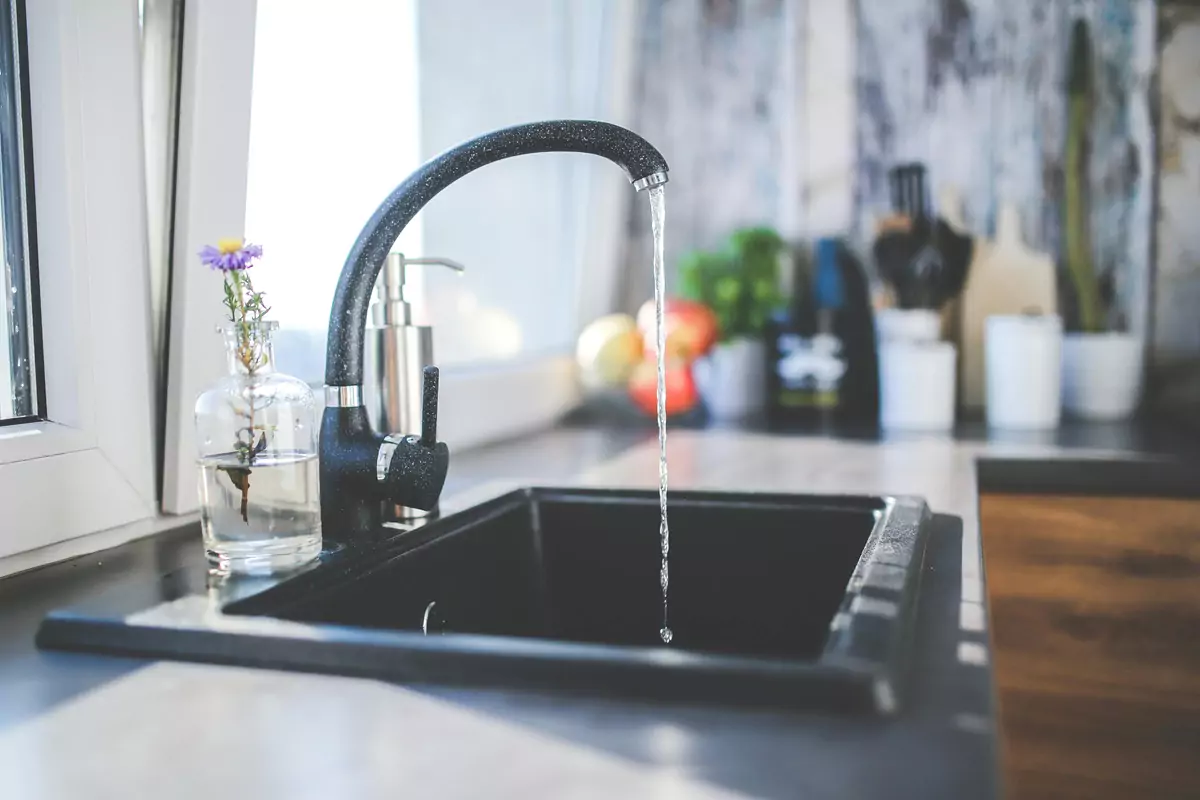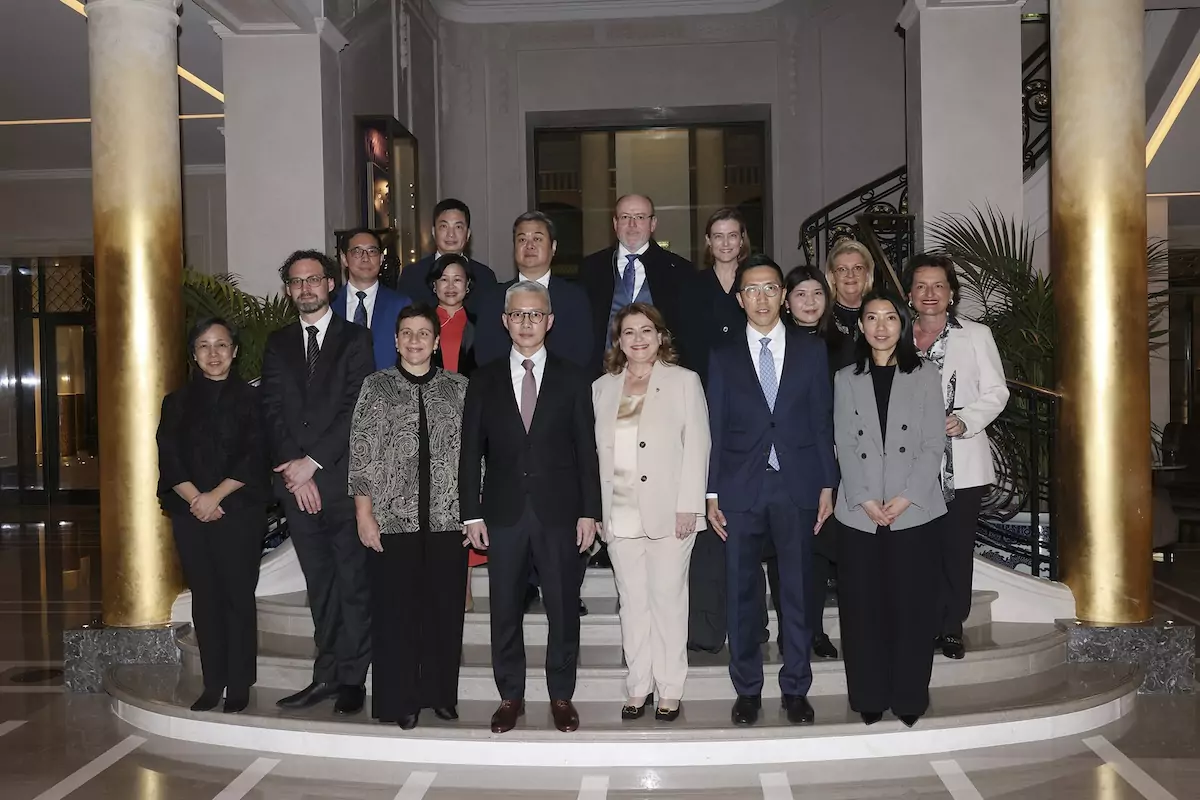Over the past year, regional health agencies across France have been testing tap water for 20 types of PFAS – a group of toxic, persistent substances often referred to as forever chemicals. Though parts of the country remain well below the European regulatory limit of 0.1 µg/L, certain areas of southern France have returned results dangerously above this marker.
PFAS, a group of over 3,000 chemicals used in non-stick cookware, waterproof clothing, and firefighting foams, are persistent pollutants that accumulate in the environment and pose serious health risks to humans, including increased cholesterol, cancers and fertility issues, as well as harm to all other life forms on our planet.
See more: PFAS: EU pushes for ban on forever chemicals in consumer products
In 2024, regional health agencies across France began testing drinking water for PFAS, but the process has been slow, with only 967 of the nation’s 23,209 drinking water networks having conducted tests as of 31st January 2025. In fact, there is a gross lack of PFAS analysis from more than 50 French departments, highlighting a significant gap in monitoring and compliance with legislation designed to protect the public from the threats associated with exposure to PFAS.
Thus far, testing has primarily been conducted where contamination is suspected, with action plans then implemented if safety limits are exceeded. It should be noted that exceeding the standard does not result in an immediate restriction of water distribution, only the necessity of remedial measures.
Local and regional hotspots
According to data collated by the Ministry of Solidarities and Health, the average level of PFAS in French tap water last year was 0.014 µg/L. While well below the 0.1 µg/L limit, more than a dozen local networks analysed in 2024 exceeded this threshold.
The town of Fos-sur-Mer, a petrochemical hub near the Marseille area, recorded the highest levels of PFAS in tap water in the country: a thoroughly concerning 0.684 µg/L. A neighbourhood near Narbonne, meanwhile, reported a level of 0.131 µg/L. Two Montpellier districts recorded similarly high levels.
See more: Microplastics in bottled water: which brands are the safest to drink?
Other parts of France also showed significant PFAS contamination. Haut-Rhin, where contamination was linked to firefighting drills at Basel-Mulhouse Airport, had an average level of 0.285 µg/L, well above the standard, although only 11 of 366 municipalities were tested. Hérault and Aude also reported high levels. The region of Occitanie was another outlier, recording a concerning 0.136 µg/L, although only five of 1,130 municipalities underwent testing.
Conversely, Alpes-Maritimes and Var remained within compliant levels, averaging 0.007 µg/L and 0.014 µg/L, respectively. At a regional level, Provence-Alpes-Côte d’Azur maintained compliance at 0.006 µg/L, with 553 of 989 municipalities tested.
Studies suggest that even PFAS levels below European regulatory limits could be hazardous. Past regulatory thresholds have been lowered as new research has emerged, raising concerns that current limits remain too high. Unlike in the US, where media coverage and films like Dark Waters have exposed the dangers of PFAS, public awareness in France remains low.
For the full report, as well as a tool to check the state of the water in individual towns, click here.
Read related:
Terrifying scale of forever chemicals across Europe revealed in new PFAS mapping project
Monaco Life is produced by real multi-media journalists writing original content. See more in our free newsletter, follow our Podcasts on Spotify, and check us out on Threads, Facebook, Instagram, LinkedIn and Tik Tok.
Photo credit: Karolina Grabowska, Pexels


